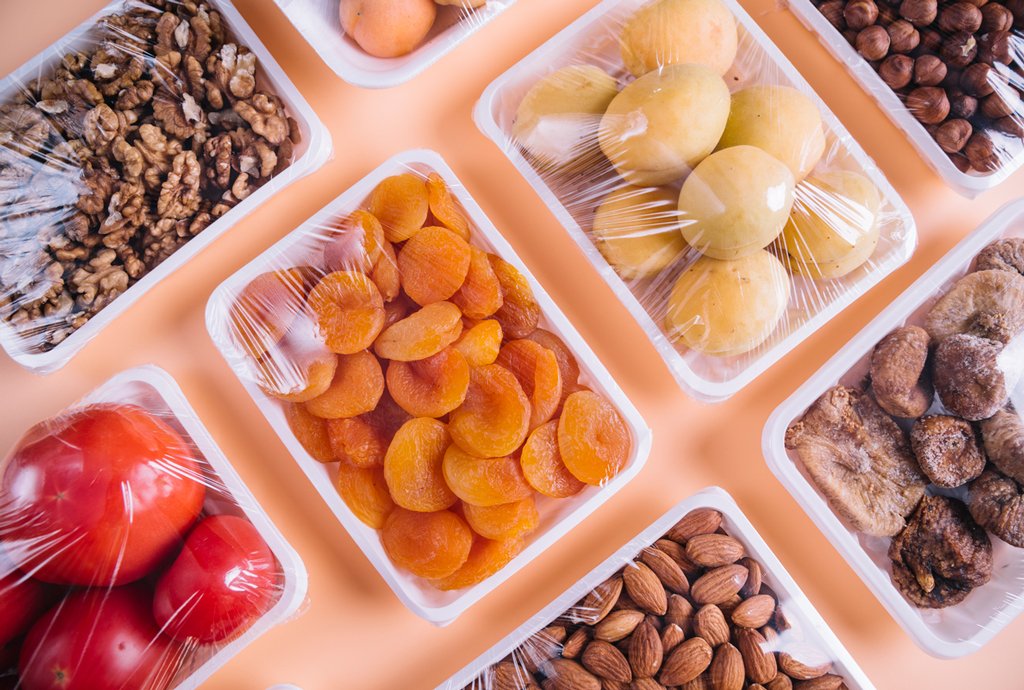
Hospital’s Open Access Pantry Boosts Utilization
- foodfightadmin
- January 11, 2023
- Find Food, Food As Medicine, Food Bank Support
- rsc pages, rscl
- 0 Comments
Recognizing the intrinsic connection between food and health, the Feed1st Pantry at the University of Chicago Medical Center, has pioneered an “open-access” pantry model. The program consists of 11 small pantries dispersed throughout the hospital, including family lounges, waiting areas, lobbies, even the cafeteria. The model is built around ease of access to food in an environment free from stigma.
Feed1st operates 24/7, allowing individuals to take as much food as they need without any requirement for data collection or procedural formalities. This contrasts with conventional hospital pantries that may require a food prescription, run restricted hours, or exist in a singular location. Mellissa Grana, Research Associate and Operations Lead for Feed1st, emphasizes their mission to deliver healthy food without obstacles.
Analysis reinforced the benefits of accessible pantry food within a hospital setting. Feed1st saw a 27% surge in distribution from March to August 2020 despite pandemic-related disruptions, unlike traditional pantries at other hospitals that experienced a decrease in food distribution. From March 2020 to November 2021, Feed1st amplified its food distribution by 124% to almost 43,000 pounds of food, compared to the same period two years earlier.
Feed1st was initiated when a chaplain noted families often missed meals or consumed low-quality food due to not wanting to leave the facility. The program’s guiding principle rejects the need for clients to disclose personal data to receive food. This approach, while ensuring privacy, complicates sourcing food as Feed1st is ineligible for food from USDA programs due to its lack of data collection.
The program estimates its service volume indirectly through optional sign-in sheets and calculating the food volume set out. Future plans include observational studies to improve data collection, but direct queries for personal information are considered against the model’s principles.
This no questions asked approach has created challenges for replicating the model with new partners. Feed1st developed a toolkit to guide other hospitals in establishing their own open-access pantry systems. So far, Johns Hopkins in Baltimore and Swedish Hospital in Chicago have implemented pantry programs based on Feed1st’s model.
Feed1st sources food creatively since it cannot access produce through the USDA. The program collaborates with dietitians, nurses, and nutritionists on its medical campus to obtain food from a volunteer-managed rooftop garden on a parking garage. Hospital staff also contribute to Feed1st‘s operations by stocking shelves and maintaining order.
The pantry program emphasizes healthy food and caters to dietary restrictions. Each location provides complete meals, and in areas where people are likely to take food home, there are grocery bags provided.
During the pandemic, Feed1st established its first pantry in a staff lounge to assist healthcare workers who might be financially strapped and time-poor. Feed1st’s model aims to offer not only access but also agency to its users, emphasizing their control in situations where they might feel helpless.








